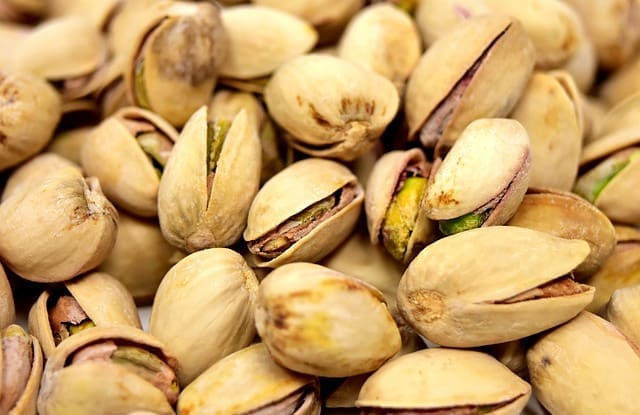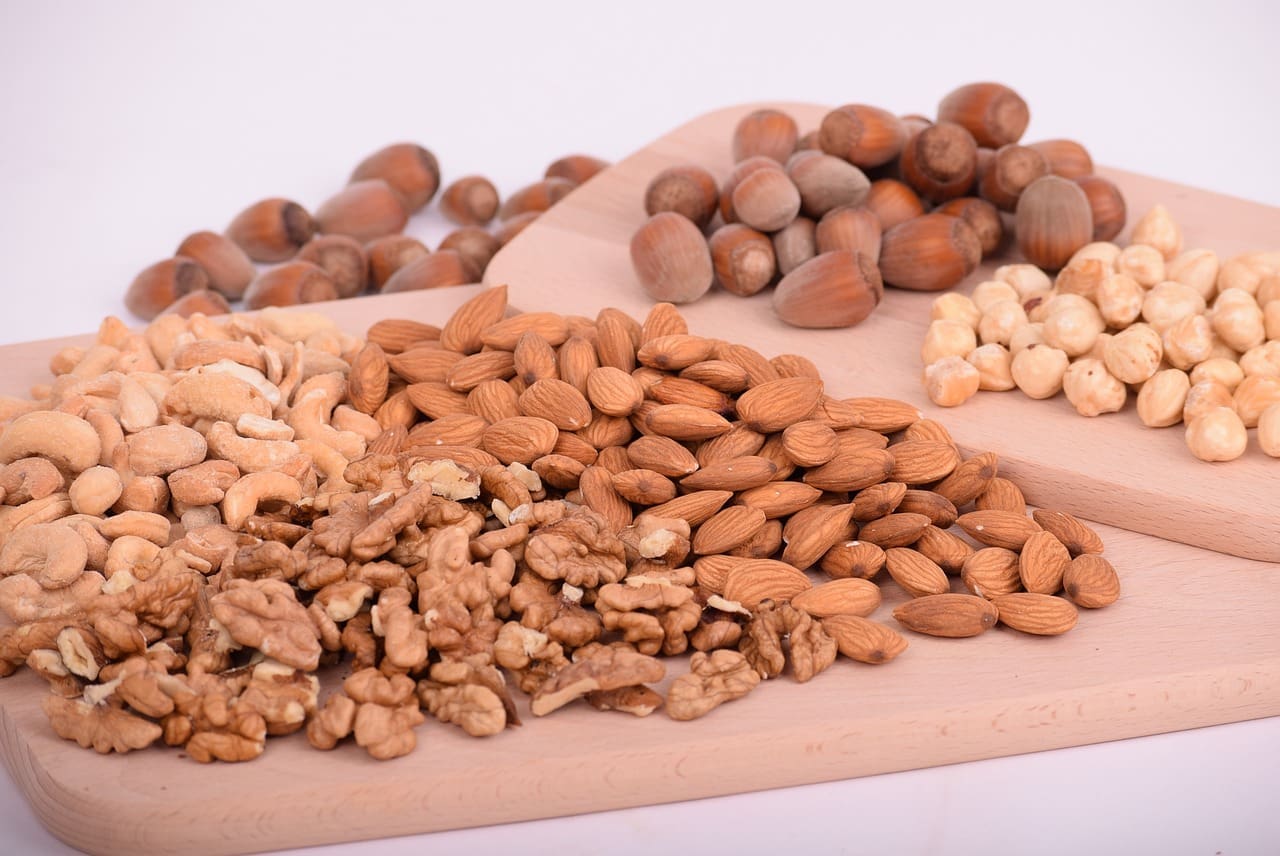In the quest for better health and overall well-being, one simple and delicious addition to your diet can make a significant impact: nuts. These tiny nutritional powerhouses are packed with essential vitamins, minerals, and healthy fats that can enhance your diet and improve your quality of life. However, it’s crucial to remember that nuts are not suitable for everyone, especially those with allergies. Below, we’ll explore the benefits of incorporating nuts into your diet, the best types of nuts to include, and important considerations for your well-being.
Why Nuts Should Be a Staple in Your Diet
Nuts are among the most nutrient-dense foods available, offering a wide range of health benefits when consumed as part of a balanced diet. Rich in healthy fats, particularly monounsaturated and polyunsaturated fats, nuts help maintain heart health by lowering bad cholesterol levels and reducing inflammation. These fats are also essential for brain function, making nuts a smart snack choice for supporting mental clarity and focus.
In addition to healthy fats, nuts are a great source of protein, fiber, and antioxidants. The protein and fiber content help you feel full longer, which can aid in weight management by curbing unnecessary snacking. Antioxidants found in nuts, such as vitamin E, help protect your cells from damage and support a healthy immune system, contributing to overall well-being.
Best Nuts to Include in Your Diet
While all nuts offer health benefits, some stand out as particularly beneficial for specific aspects of well-being. Here’s a breakdown of some of the best nuts to include in your diet:

Almonds: The Heart-Healthy Nut
Almonds are an excellent choice for those looking to improve heart health. They are rich in vitamin E, magnesium, and fiber, which collectively support cardiovascular well-being. Studies have shown that eating almonds regularly can lower LDL (bad) cholesterol levels and reduce the risk of heart disease. Additionally, the magnesium in almonds helps regulate blood pressure, making them a great snack for maintaining heart health.

Walnuts: The Brain-Boosting Nut
Walnuts are often hailed as a brain food due to their high content of omega-3 fatty acids, specifically alpha-linolenic acid (ALA). Omega-3s are essential for brain function, and they also have anti-inflammatory properties that can benefit overall health. Walnuts have been linked to improved cognitive function, making them a smart choice for anyone looking to enhance mental clarity and protect against age-related cognitive decline.
Cashews: The Bone-Strengthening Nut
Cashews are packed with minerals like magnesium, phosphorus, and calcium, all of which are crucial for maintaining strong and healthy bones. These nuts also contain iron and zinc, which support immune function and help your body produce energy. Incorporating cashews into your diet can be particularly beneficial for those looking to support bone density and overall skeletal health.

Pistachios: The Weight-Management Nut
If weight management is a goal, pistachios are a fantastic option. These nuts are lower in calories compared to other nuts and are high in protein and fiber, making them a satisfying snack that can help control appetite. Pistachios also contain a wealth of antioxidants, which contribute to their heart-protective properties. Choosing pistachios as a snack can help you stay on track with your weight management goals while enjoying a tasty treat.
Considerations for Nut Allergies
While nuts are a healthy addition to most diets, they can be dangerous for individuals with nut allergies. Nut allergies can range from mild to severe, with symptoms that may include itching, swelling, difficulty breathing, and anaphylaxis. If you or someone in your household has a nut allergy, it’s important to avoid nuts entirely and seek out alternative sources of the nutrients they provide, such as seeds or nut-free spreads.
For those without allergies, it’s still important to consume nuts in moderation. While they are nutrient-rich, nuts are also high in calories, so portion control is key to preventing weight gain. A handful of nuts a day is typically enough to enjoy their health benefits without overdoing it.
Related Article: How to Manage Nut Allergies and Find Alternatives
How to Incorporate Nuts into Your Daily Diet
Adding nuts to your diet is easy and versatile. Here are some simple ways to include these nutrient-packed foods in your daily routine:
Snack Smart with a Handful of Nuts
A small handful of nuts makes for a convenient and satisfying snack that you can enjoy at any time of the day. Whether you’re at work, on the go, or relaxing at home, snacking on nuts can keep your energy levels stable and help you avoid less healthy snack options.
Sprinkle Nuts on Salads and Yogurt
Enhance the nutritional profile of your meals by sprinkling chopped nuts on top of salads, yogurt, or oatmeal. This not only adds a delightful crunch but also boosts the meal’s content of healthy fats, protein, and fiber.
Blend Nuts into Smoothies
For a creamy and nutritious twist, blend nuts like almonds or cashews into your smoothies. This adds a dose of healthy fats and protein, making your smoothie more filling and nutritious.
Use Nut Butters as Spreads or Dips
Nut butters, such as almond butter or peanut butter, are delicious and versatile. Spread them on whole-grain toast, use them as a dip for fruits and vegetables, or stir them into sauces for added flavor and nutrition.
Conclusion: Nuts for Wellbeing
Incorporating nuts into your diet is a simple and effective way to boost your overall well-being. Whether you’re looking to improve heart health, support brain function, strengthen bones, or manage your weight, nuts offer a wide range of benefits. However, it’s essential to be mindful of allergies and to consume nuts in moderation to avoid excess calorie intake.
By making nuts a regular part of your diet, you can enjoy their rich nutritional benefits while supporting a healthier, more balanced lifestyle. Whether as a snack or an ingredient in your meals, nuts are a small but mighty addition to your journey towards better health and well-being.

